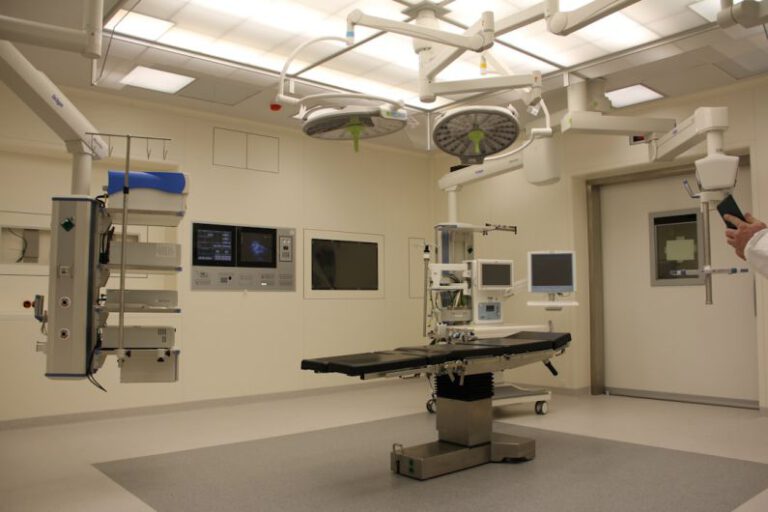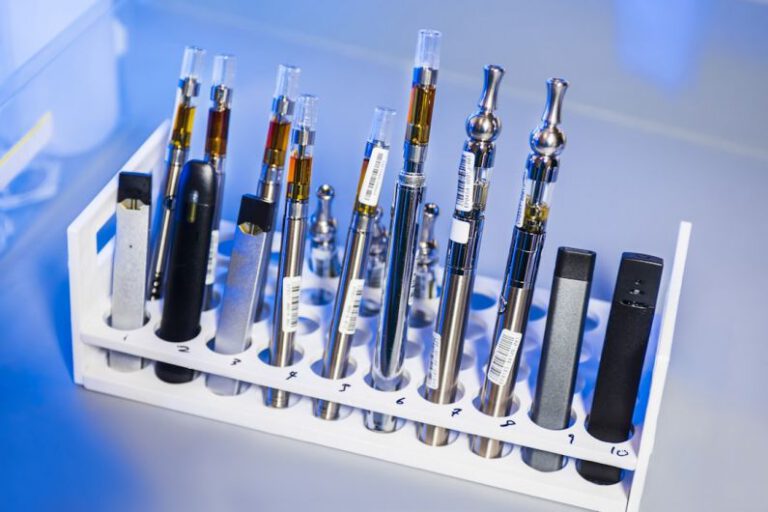Wearable Health Monitors: a Step Towards Preventive Medicine
The digital revolution has brought about significant advancements in the healthcare industry, with wearable health monitors emerging as a powerful tool in preventive medicine. These innovative devices are designed to track various health metrics in real-time, providing users with valuable insights into their overall well-being. From monitoring heart rate and activity levels to tracking sleep patterns and stress levels, wearable health monitors offer a comprehensive approach to managing one’s health. In this article, we delve into the benefits and implications of using wearable health monitors as a proactive measure towards preventive medicine.
The Rise of Wearable Health Monitors
In recent years, there has been a surge in the popularity of wearable health monitors, thanks to advancements in sensor technology and data analytics. These devices come in various forms, including smartwatches, fitness bands, and even smart clothing embedded with sensors. The convenience and ease of use of these wearable devices have made them increasingly popular among individuals looking to take control of their health.
Monitoring Physical Activity and Exercise
One of the key features of wearable health monitors is their ability to track physical activity and exercise. By monitoring metrics such as steps taken, distance traveled, and calories burned, these devices provide users with valuable data to help them stay active and meet their fitness goals. Additionally, many wearable health monitors offer features such as workout tracking and personalized exercise recommendations, making it easier for users to stay motivated and engaged in their fitness routine.
Tracking Heart Rate and Cardiovascular Health
Another important aspect of preventive medicine is monitoring heart rate and cardiovascular health. Wearable health monitors equipped with heart rate sensors can provide users with real-time data on their heart rate variability, resting heart rate, and even detect irregularities that may indicate potential health issues. By keeping a close eye on their heart health, users can take proactive steps to prevent cardiovascular diseases and lead a heart-healthy lifestyle.
Managing Stress and Mental Well-being
In today’s fast-paced world, stress has become a prevalent issue that can have a significant impact on one’s overall health and well-being. Wearable health monitors with stress tracking features use biofeedback technology to monitor stress levels and provide users with insights on how to manage and reduce stress. By tracking stress patterns and identifying triggers, individuals can take steps to improve their mental well-being and prevent the negative health consequences associated with chronic stress.
Improving Sleep Quality and Patterns
Quality sleep is essential for overall health and well-being, yet many individuals struggle with sleep-related issues. Wearable health monitors with sleep tracking capabilities can monitor sleep duration, quality, and patterns, providing users with valuable information to improve their sleep hygiene. By identifying factors that may be affecting their sleep, such as poor sleep habits or underlying health conditions, users can make informed decisions to optimize their sleep and promote better overall health.
The Future of Preventive Medicine with Wearable Health Monitors
As technology continues to advance, the future of preventive medicine looks promising with the integration of wearable health monitors into everyday life. These devices have the potential to revolutionize healthcare by providing individuals with personalized and actionable insights into their health, empowering them to make informed decisions and take proactive steps towards prevention. By harnessing the power of data and technology, wearable health monitors are paving the way for a future where preventive medicine is not just a concept but a reality that is accessible to all.
In conclusion, wearable health monitors represent a significant step towards preventive medicine by empowering individuals to take control of their health and well-being. These innovative devices offer a holistic approach to health management, from monitoring physical activity and cardiovascular health to tracking stress levels and sleep patterns. By leveraging the data and insights provided by wearable health monitors, individuals can make informed decisions to prevent health issues before they arise, ultimately leading to a healthier and more proactive approach to healthcare.






